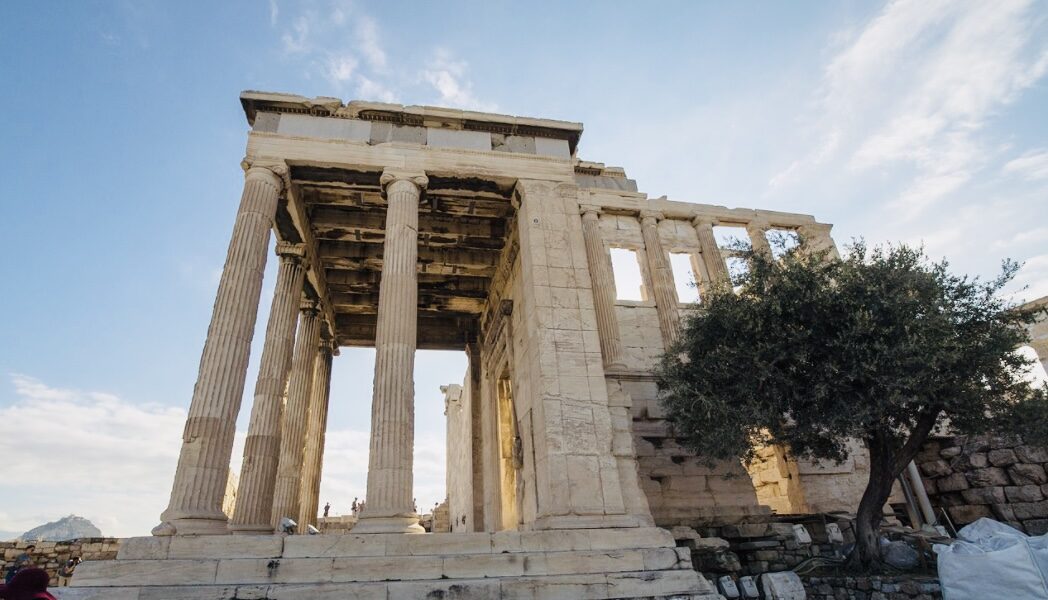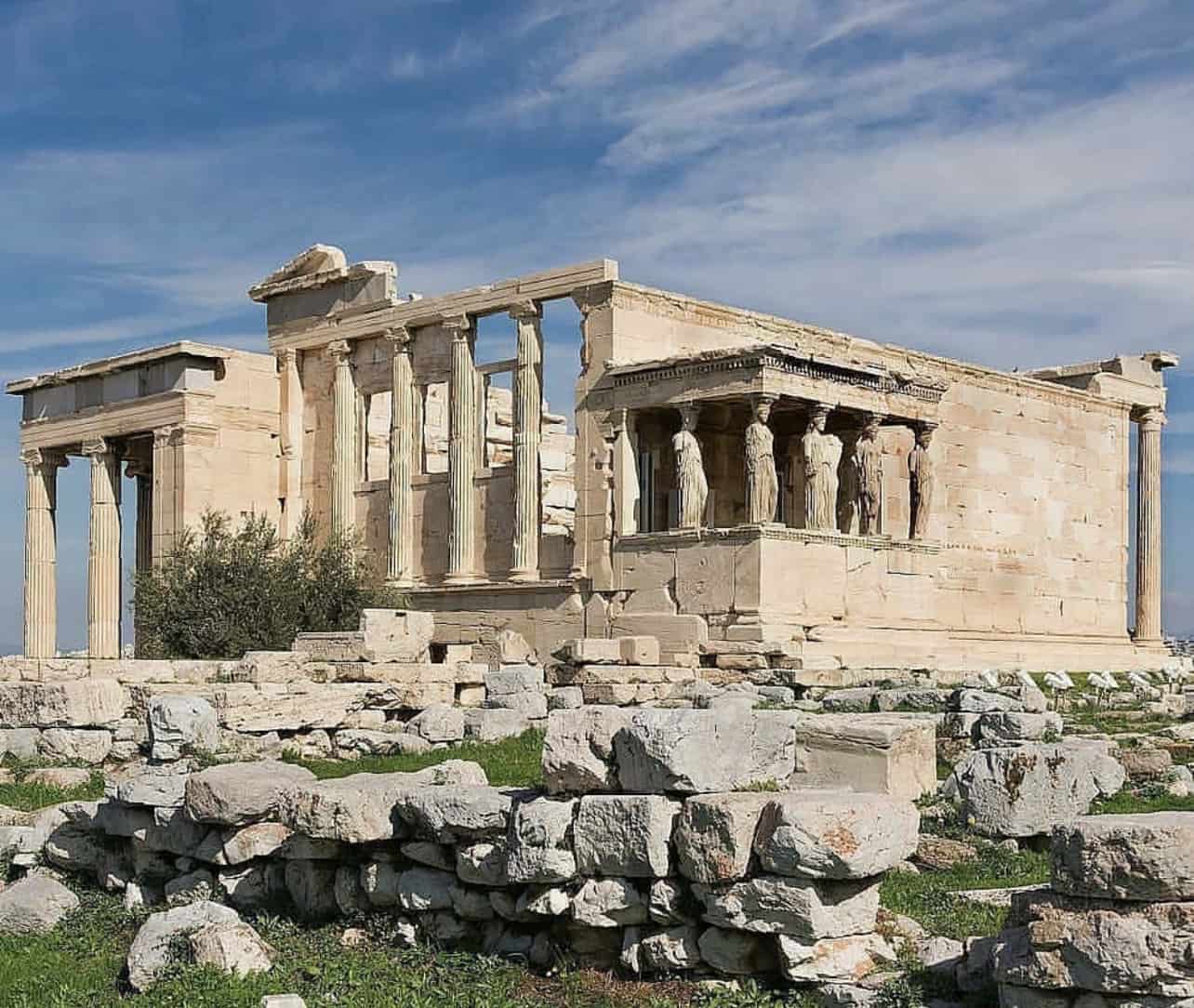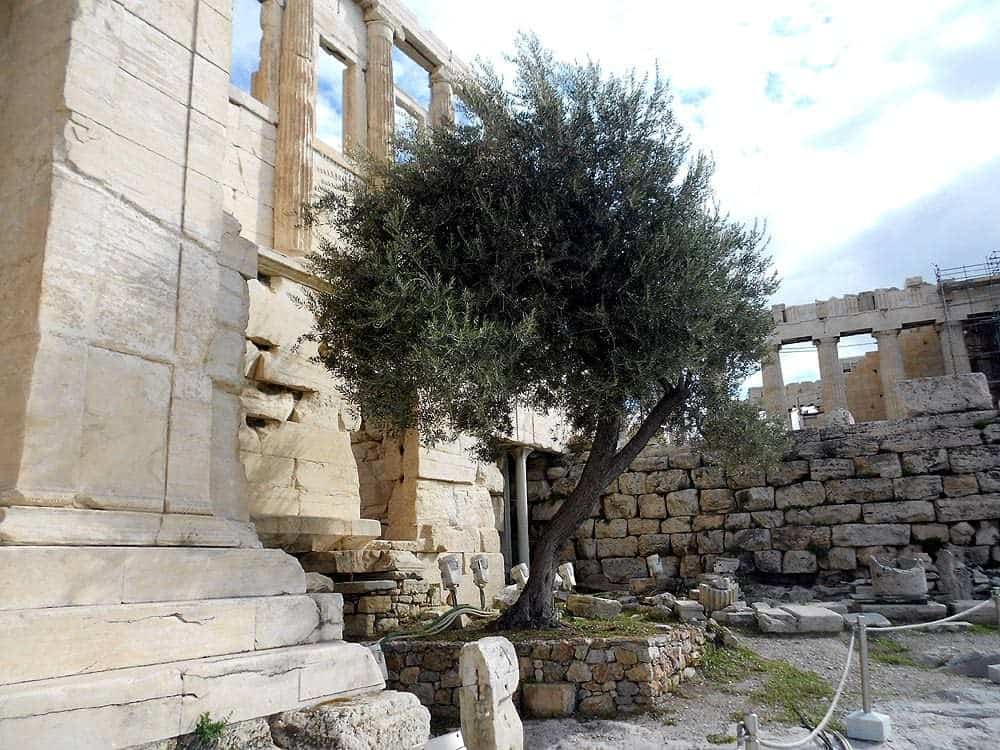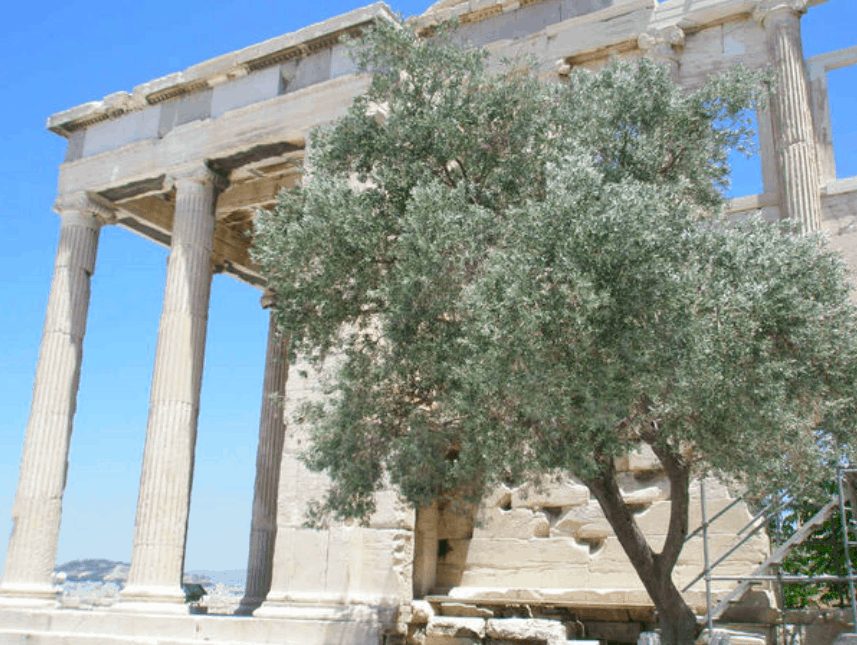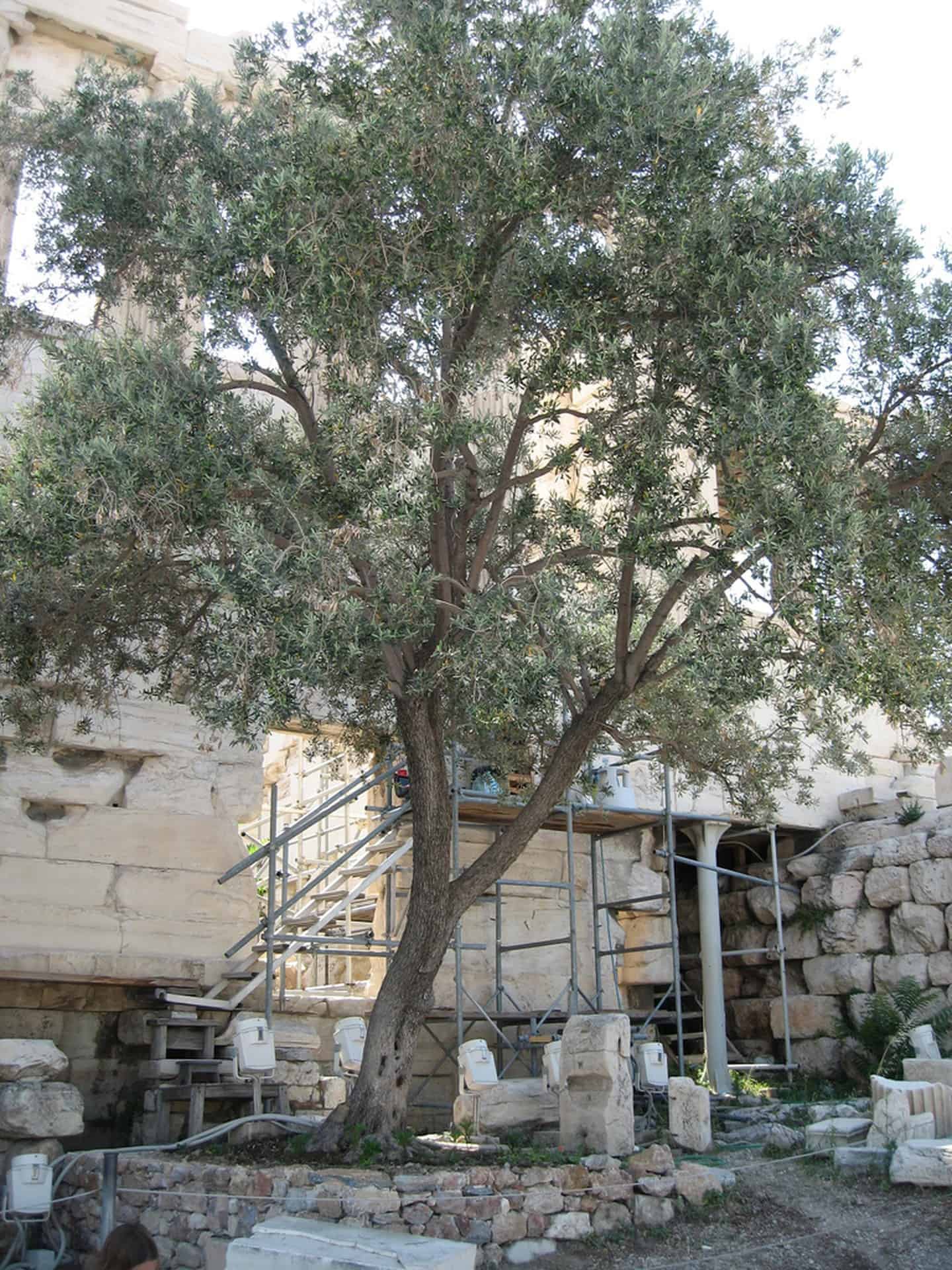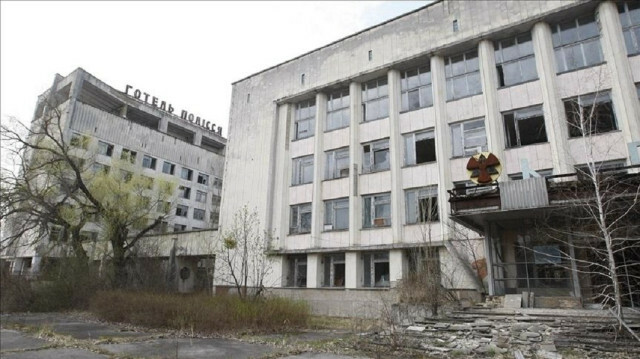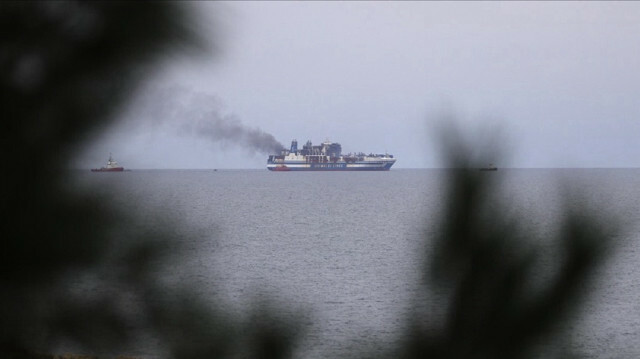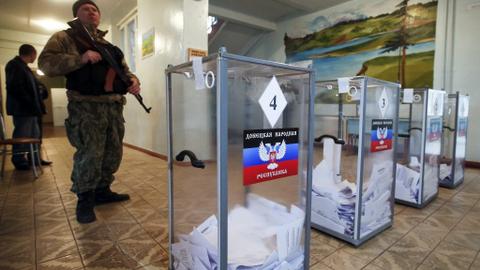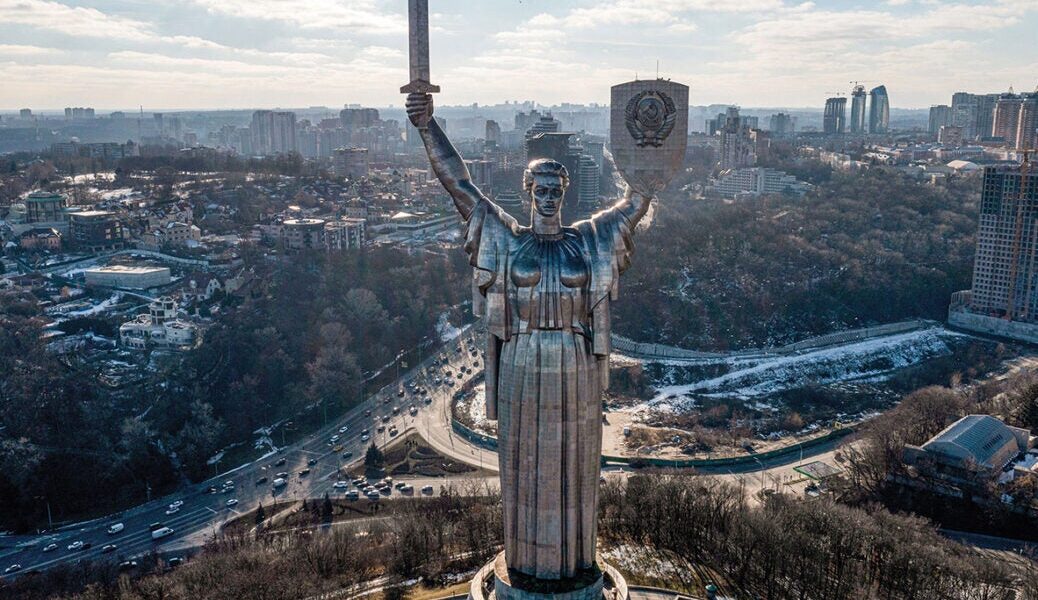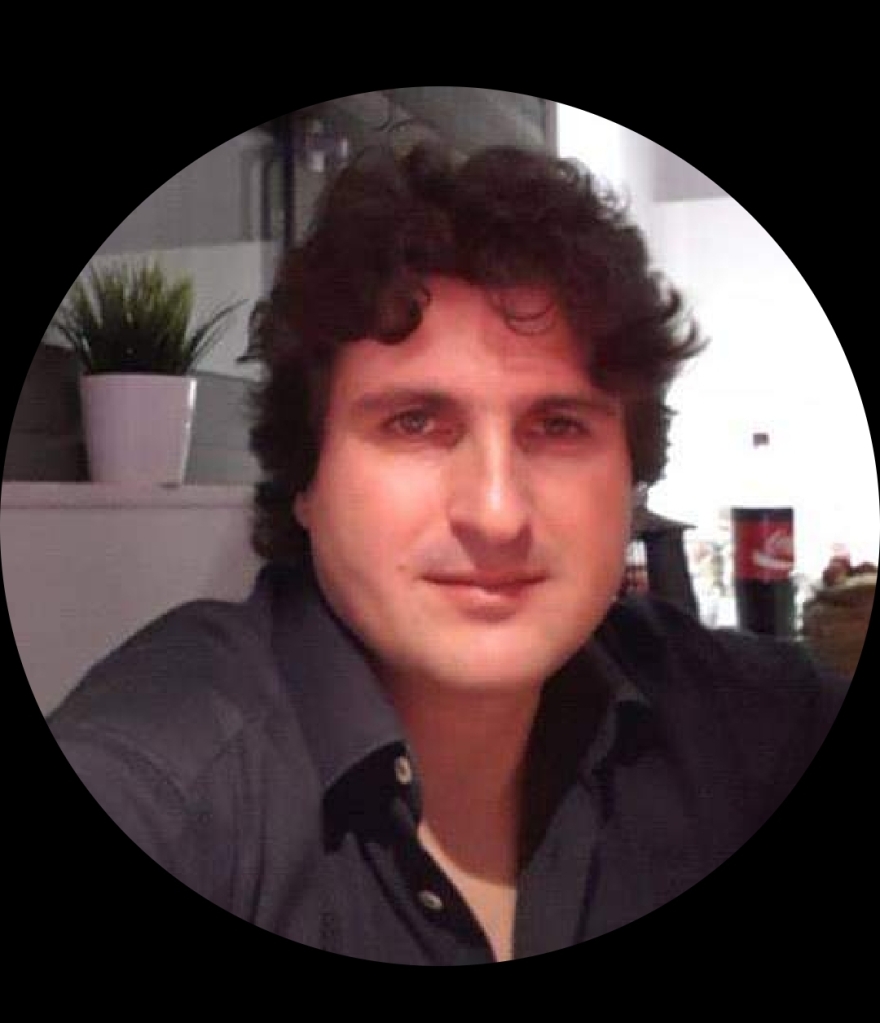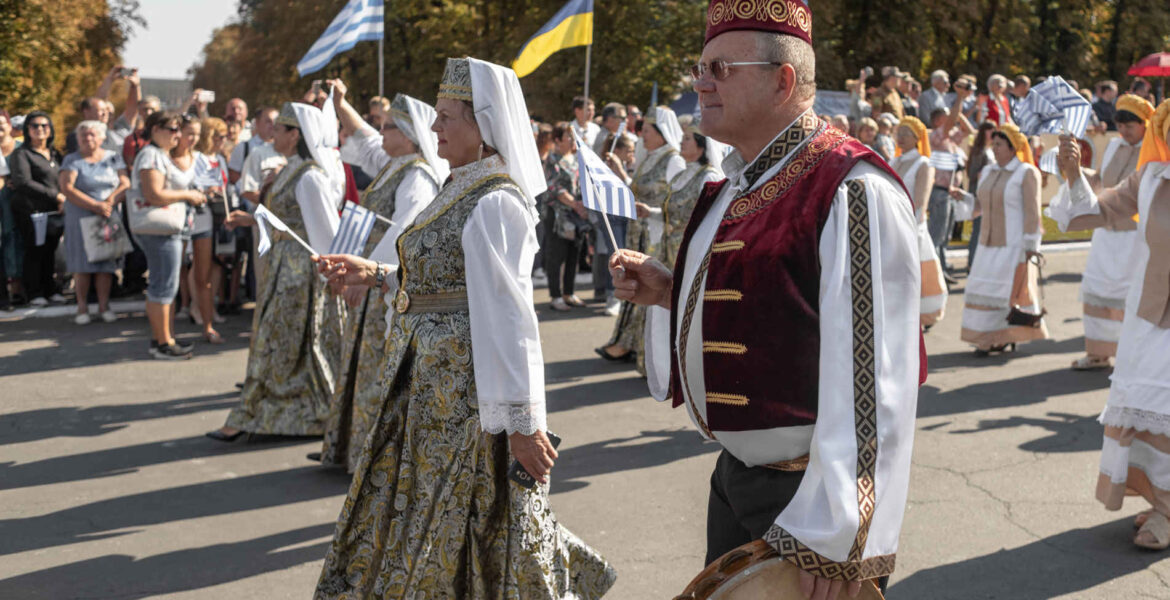by GCT
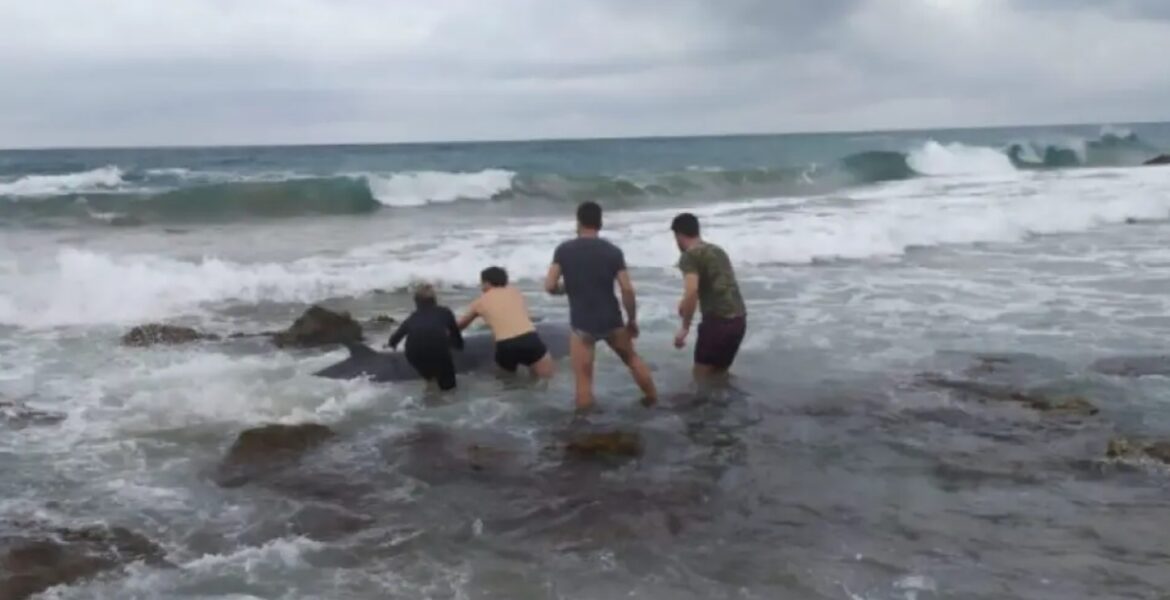

Greece’s Environment and Energy Ministry ordered a temporary stop to seismic surveys in the northern Ionian amid concerns that the activity is responsible for the recent stranding in shallow waters of three Cuvier’s beaked whales on the coast of the island of Corfu.
All three whales, which did not show any obvious health problems, were taken back to deep waters with the help of volunteers.
The ministry’s Directorate of Environmental Policy requested “immediate and detailed” information from ELPE Upstream, the company conducting the seismic surveys, and the Hellenic Hydrocarbon Resources Management on the its compliance with the conditions included in the environmental action plan, which was approved in May 2021.
At the same time, the ministry ordered the SW Cook research vessel that conducts the surveys to leave the area until it is clarified whether it is related to the standings.
The move came after a letter from 15 environmental organizations was sent to Prime Minister Kyriakos Mitsotakis, asking for the immediate halt of all seismic work, linking them directly to the disorientation of the animals.
The NGOs noted that stopping surveys when there is a suspicion of environmental damage is required not only by the company’s contract with the state, but also by national and international law.
All three whales, which did not show any obvious health problems, were taken back to deep waters with the help of volunteers.
The ministry’s Directorate of Environmental Policy requested “immediate and detailed” information from ELPE Upstream, the company conducting the seismic surveys, and the Hellenic Hydrocarbon Resources Management on the its compliance with the conditions included in the environmental action plan, which was approved in May 2021.
At the same time, the ministry ordered the SW Cook research vessel that conducts the surveys to leave the area until it is clarified whether it is related to the standings.
The move came after a letter from 15 environmental organizations was sent to Prime Minister Kyriakos Mitsotakis, asking for the immediate halt of all seismic work, linking them directly to the disorientation of the animals.
The NGOs noted that stopping surveys when there is a suspicion of environmental damage is required not only by the company’s contract with the state, but also by national and international law.
